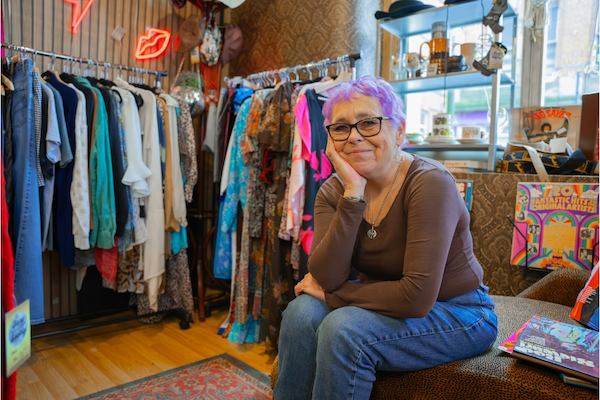Inciting conflict between baby boomers and millennials, while effective at headline-grabbing, does little to solve society’s woes. The intergenerational blame game may rightly hope to call attention to growing disparities in wealth and opportunity, but it takes focus away from the real culprits: poverty and inequality.
It may be true that older generations seem to be faring better in terms of wages and housing wealth, but there are many older people facing economic hardship. Across the UK, there are currently 1.3 million pensioners living in poverty, and a further 1.8 million older households struggling to save for retirement.
It’s absolutely right to call out the huge inequalities in our society today, but let’s not say 'old' if we mean 'rich'.
The 2008 financial crisis, the ensuing cuts to social security, and a broken housing market, have left us in a situation where all generations feel hard done by and anxious about the future. The narrative about greedy baby boomers is a convenient way to explain it, but it doesn’t quite stack up.
This divisive whodunnit is fuel for ageism. Phrases like 'Ok, Boomer' and terms like 'snowflake' sum up the frustrations felt by one generation about the other, but it’s damaging language that should be no more tolerated than any other form of 'othering' or discrimination.
Instead of pointing fingers at each other, a more productive move would be to focus our energy on fixing the housing market, on supporting people to stay in work for longer, and on ensuring that our welfare system provides a genuine safety net to keep people of ages out of poverty.
The gap between rich and poor should not be blamed on any one generation, but on a lack of government action to tackle the big challenges we face. We need to abandon the narrative of blame and instead demand bold, long-term policy change that ensures everyone is able to enjoy later life, now and in the future.
First published on King's College London's website.


